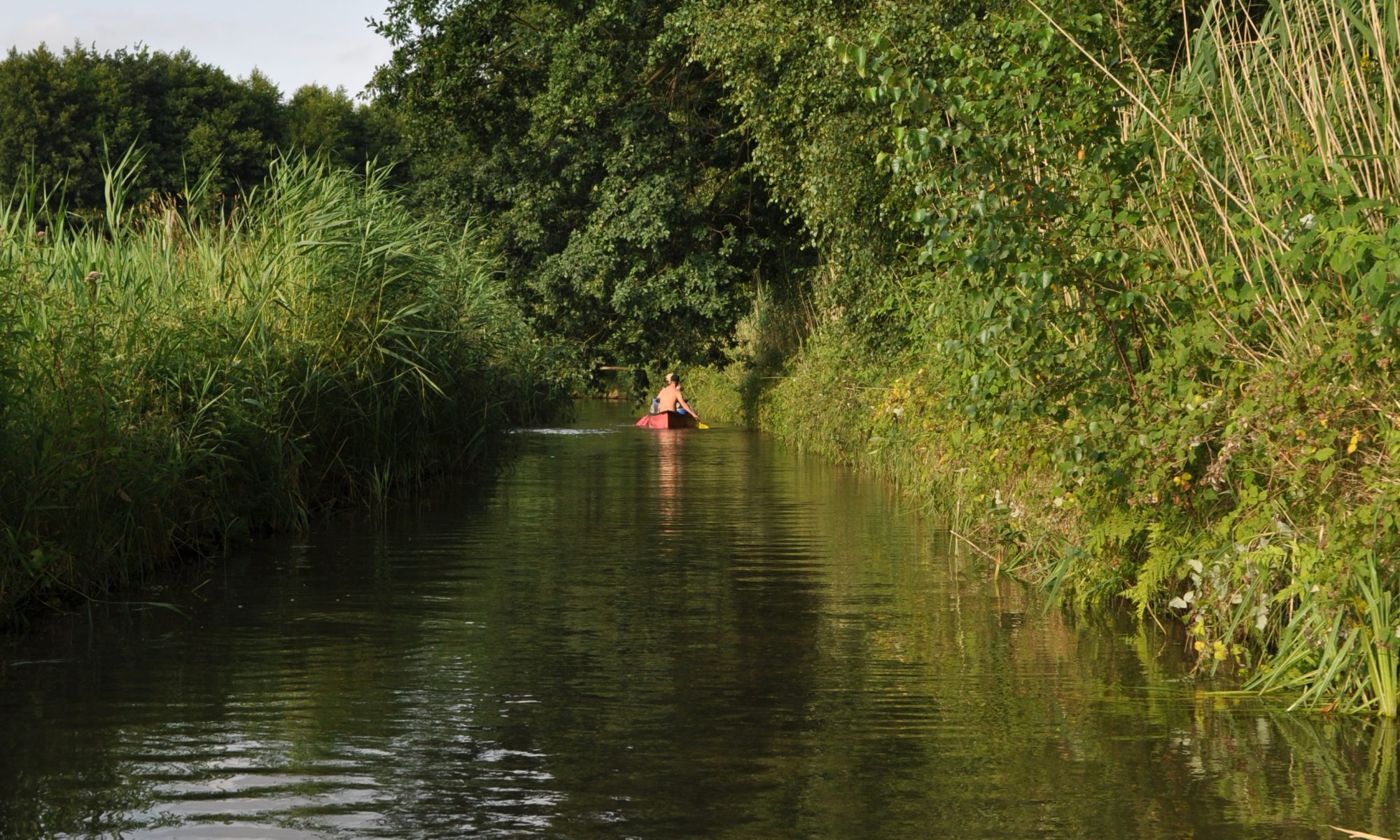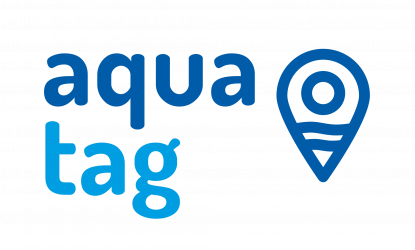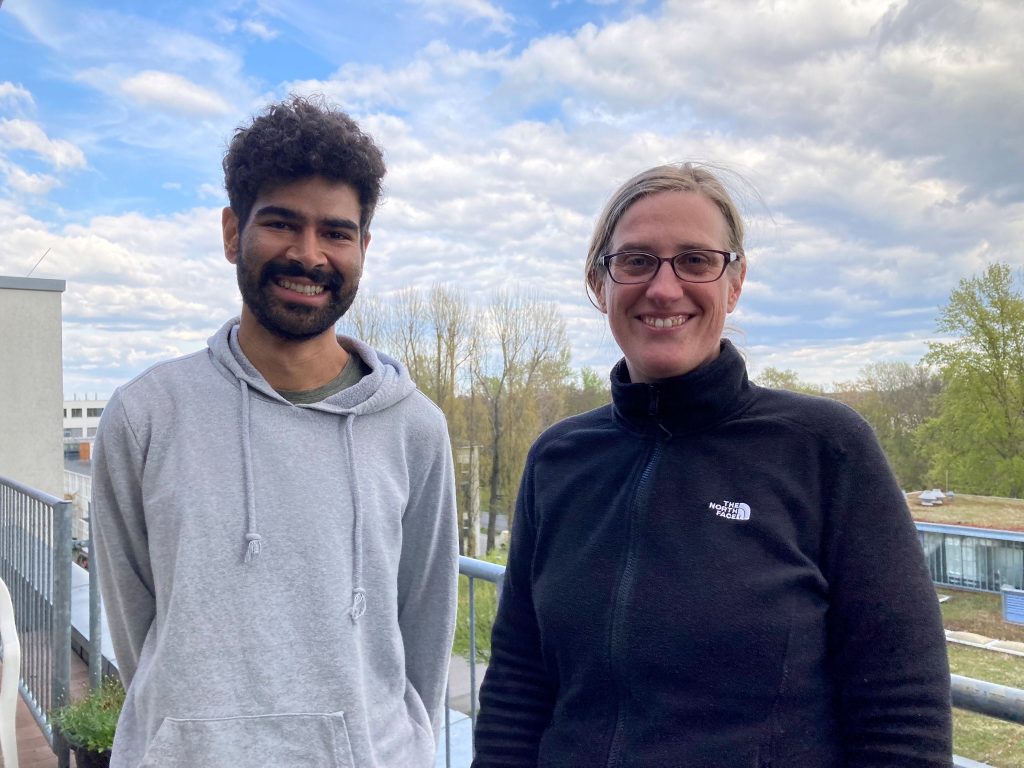Max Birdsong, Len M. Hunt, Ben Beardmore, Malte Dorow, Thilo Pagel, Robert Arlinghaus
Abstract
Angler satisfaction is a key consideration in the management of recreational fisheries. Anglers typically prefer high catch rates and large fish, but the importance of these catch outcomes for satisfaction may differ across angler types, target species, and other contextual conditions. We examined the relationships between catch outcomes and satisfaction using trip-level (n = 19,558) catch and harvest information from two fisheries with contrasting governance and cultural contexts within the same nation, a small club context of north-western Germany (Lower Saxony) and a regional context with largely open access in north-eastern Germany (Mecklenburg-Western Pomerania). Both fisheries are from the same eco-region and offer multi-species fisheries of a similar species mix (predominantly freshwater). Catch rate and size of fish were found to positively affect catch satisfaction in both social-ecological contexts. The catch rate-satisfaction relationship showed diminishing marginal returns (i.e., more catch is better, but the marginal benefits diminish as catch increases), and the maximum fish size-satisfaction relationship was positively exponential (i.e., larger maximum fish sizes make anglers increasingly more satisfied). Social-ecological context, trip context (e.g., season and previous catch outcomes) and angler specialization were all significant moderators of the importance of catch outcomes towards satisfaction with catch. Importantly, after controlling for catch outcomes and other contextual factors, anglers in the small-scale club context from north-western Germany (Lower Saxony) were, on average, more satisfied with their catch than anglers in a large-scale regional context from north-eastern Germany (Mecklenburg-Western Pomerania). These findings suggest that managers cannot expect anglers to be similarly satisfied at identical catch outcomes in different social-ecological contexts, even within the same nation. Managers may well be advised to manage for specific qualities of catch (e.g., regularity of catch and larger maximum size of fish) rather than attempting to manage for high catch rates alone as the latter might not contribute to more satisfied anglers after catch rate thresholds have been passed.
https://doi.org/10.1016/j.fishres.2022.106414


